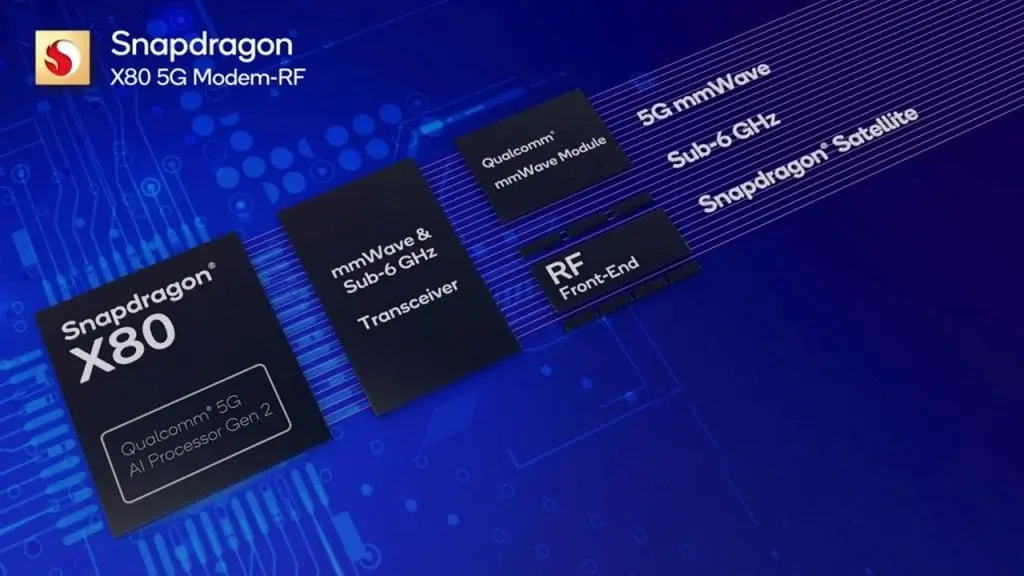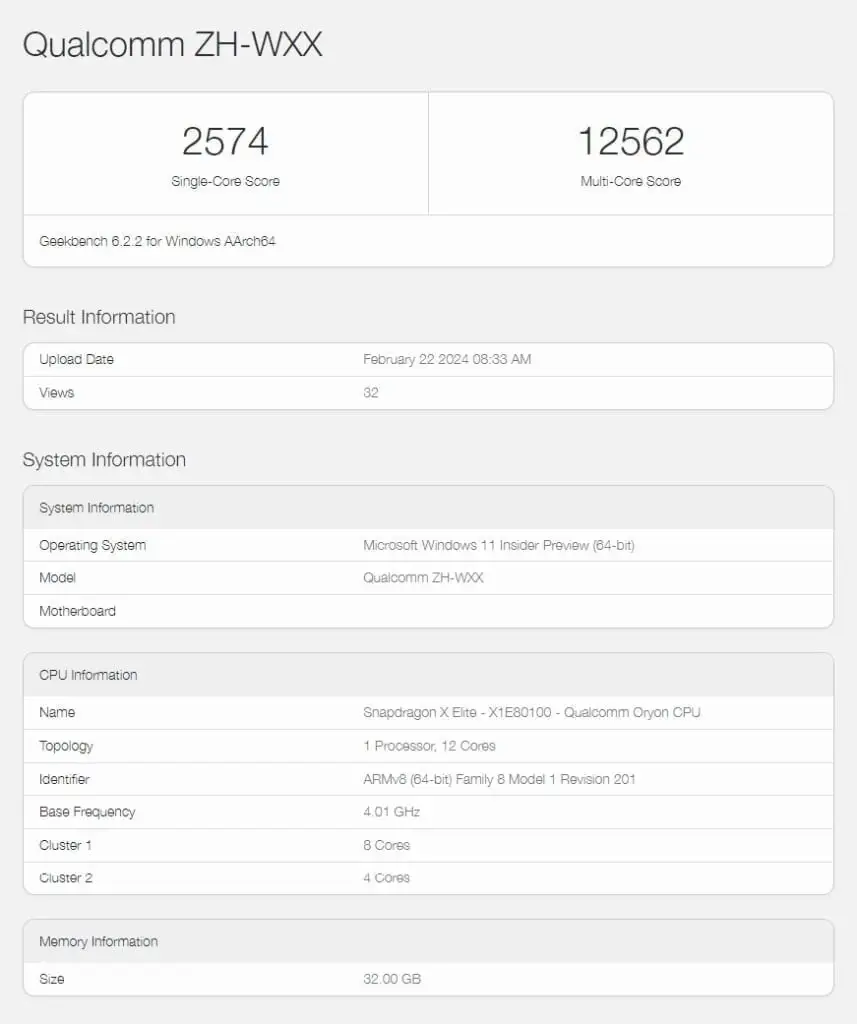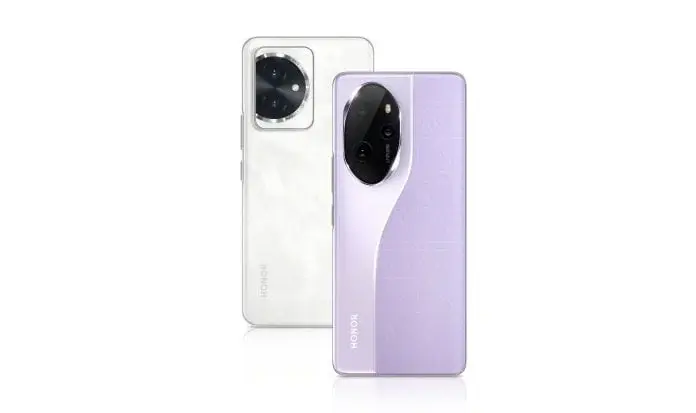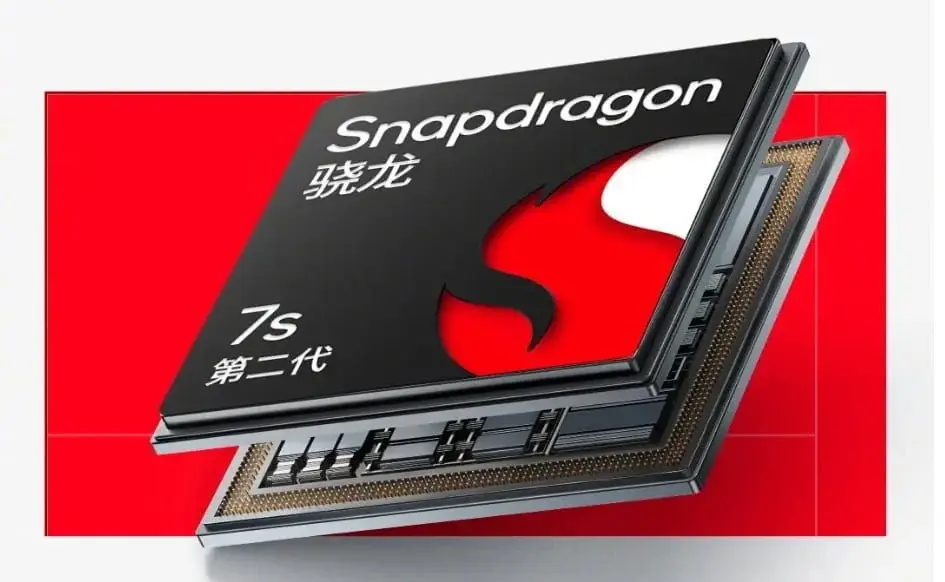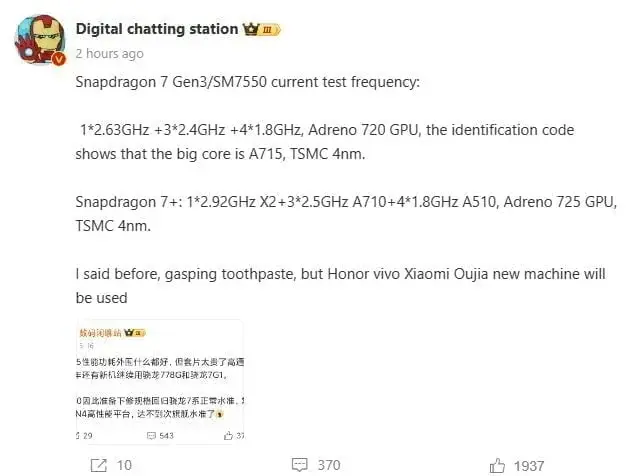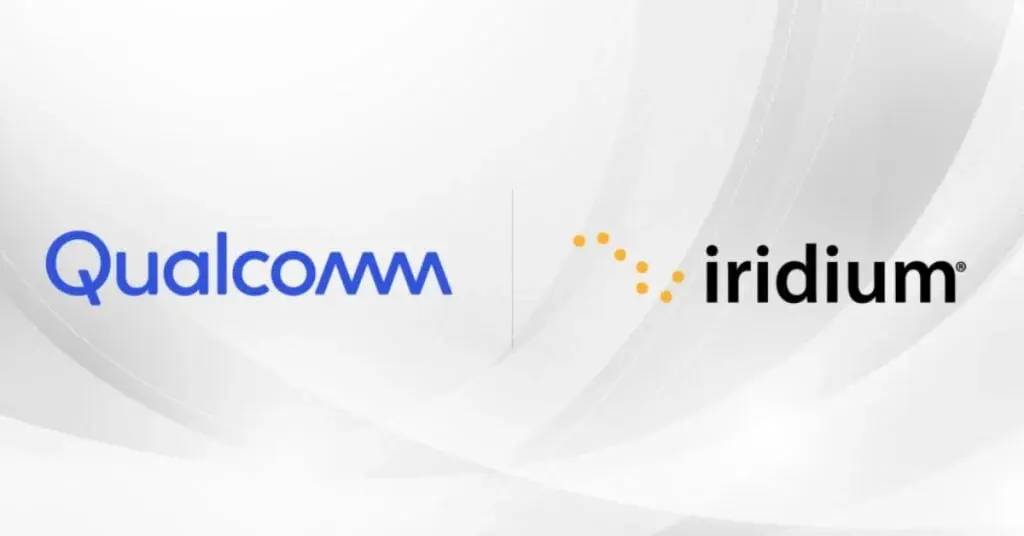Qualcomm is on the brink of introducing the Snapdragon 7+ Gen 3 processor, promising a remarkable leap in performance compared to its predecessor. Digital Chat Station, a well-known tech leaker, has unveiled crucial information regarding the upcoming chip, shedding light on its impressive clock speeds and architecture.
Snapdragon 7+ Gen 3 Specifications (Leaked)
The forthcoming chip, known as SM7675, is set to feature a Cortex-X4 prime core clocked at an astounding 2.9GHz. This boost in frequency, up from the previously reported 2.8GHz, signifies Qualcomm’s commitment to pushing the boundaries within the mid-range segment.
This notable clock speed aligns with the prime core of the flagship Snapdragon 8 Gen 3, hinting that the 7+ Gen 3 could potentially deliver performance levels akin to high-end processors. Additionally, the chip’s architecture is reported to mirror that of the Snapdragon 8 Gen 3, with a “1+4+3” core configuration. The four A720 middle cores are anticipated to operate at 2.6GHz, while the three A520 efficient cores are likely to be clocked at 1.9GHz. The GPU will be equipped with an Adreno 732 GPU, promising improved graphics performance.
OnePlus Ace 3V and Snapdragon 7+ Gen 3
Earlier rumors had hinted that the OnePlus Ace 3V might be equipped with the SM7675 chip, potentially making it the first device to showcase the capabilities of the Snapdragon 7+ Gen 3. The Ace 3V is also expected to feature a flat OLED 1.5K 8T LTPO display with a 120Hz refresh rate, 16GB of RAM, a 5500mAh battery, and support for 100W fast charging, positioning it as a competitive player in the mid-range market.
Qualcomm introduced the Snapdragon 7 Gen 3 processor last year, falling short in terms of power compared to its predecessor, the Snapdragon 7+ Gen 2. The latter featured a “1+3+4” architecture, incorporating a high-performance ARM Cortex-X2 core (up to 2.91 GHz), three mid-range ARM Cortex-A710 cores (up to 2.49 GHz), and four efficient ARM Cortex-A510 cores (up to 1.8 GHz).
Future Possibilities with Snapdragon Chips
The leaked information suggests that the SM7675 may not be the only chip based on this architecture. Speculations point towards another chip, codenamed SM8635, potentially being a variant with different frequencies based on the SM7675 architecture. These revelations align with earlier statements from Ice Universe, a prominent tech leaker, who indicated that Qualcomm might launch these chips by March 2024. Both chips, internally dubbed “Cliffs” at Qualcomm, are rumored to inherit the architecture of the Snapdragon 8 Gen 3, expanding the range of options available to manufacturers.



